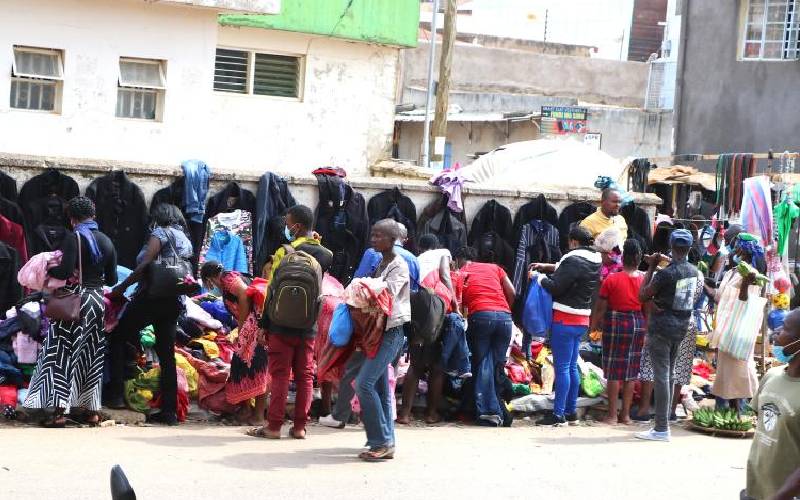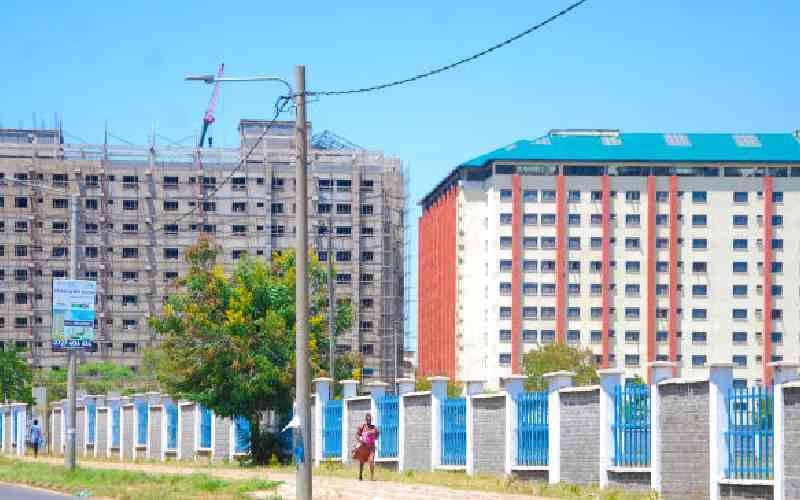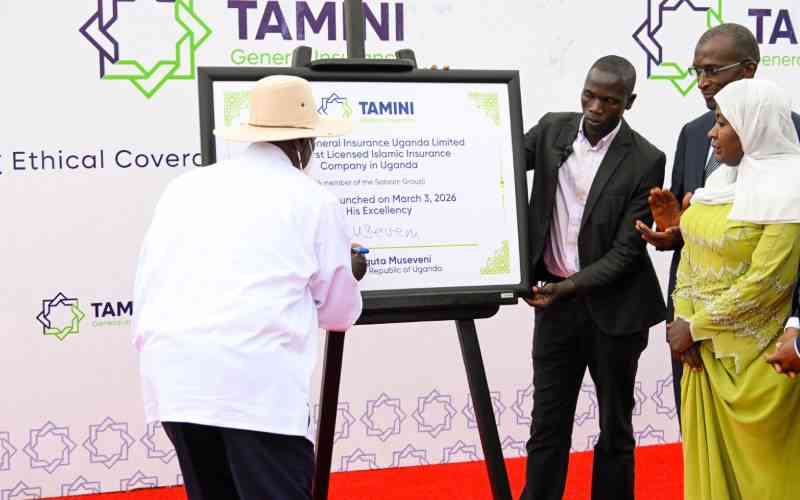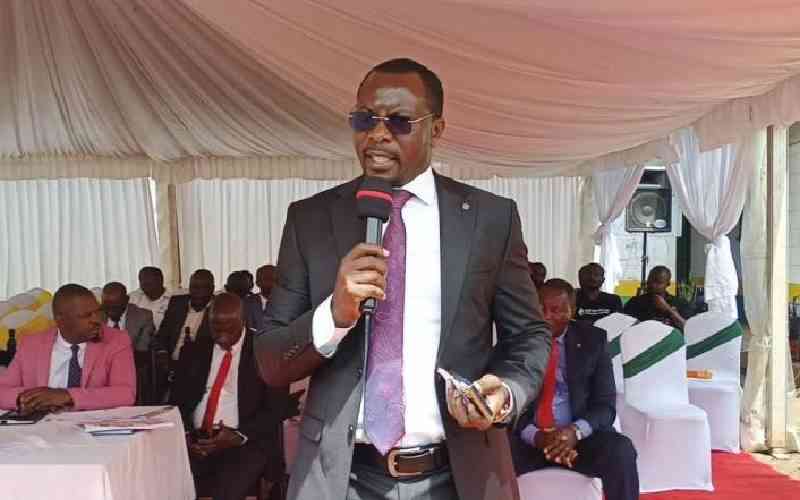×
The Standard e-Paper
Home To Bold Columnists

When Azimio Coalition presidential flag bearer Raila Odinga made a comment on mitumba when launching his manifesto last week, he may not have expected the subsequent backlash.
His casual comment that mitumba are clothes donated by the dead abroad spiraled into a heated discussion among fellow politicians, the public and stakeholders in the sector, who were out to school the former prime minister how the sector works.







